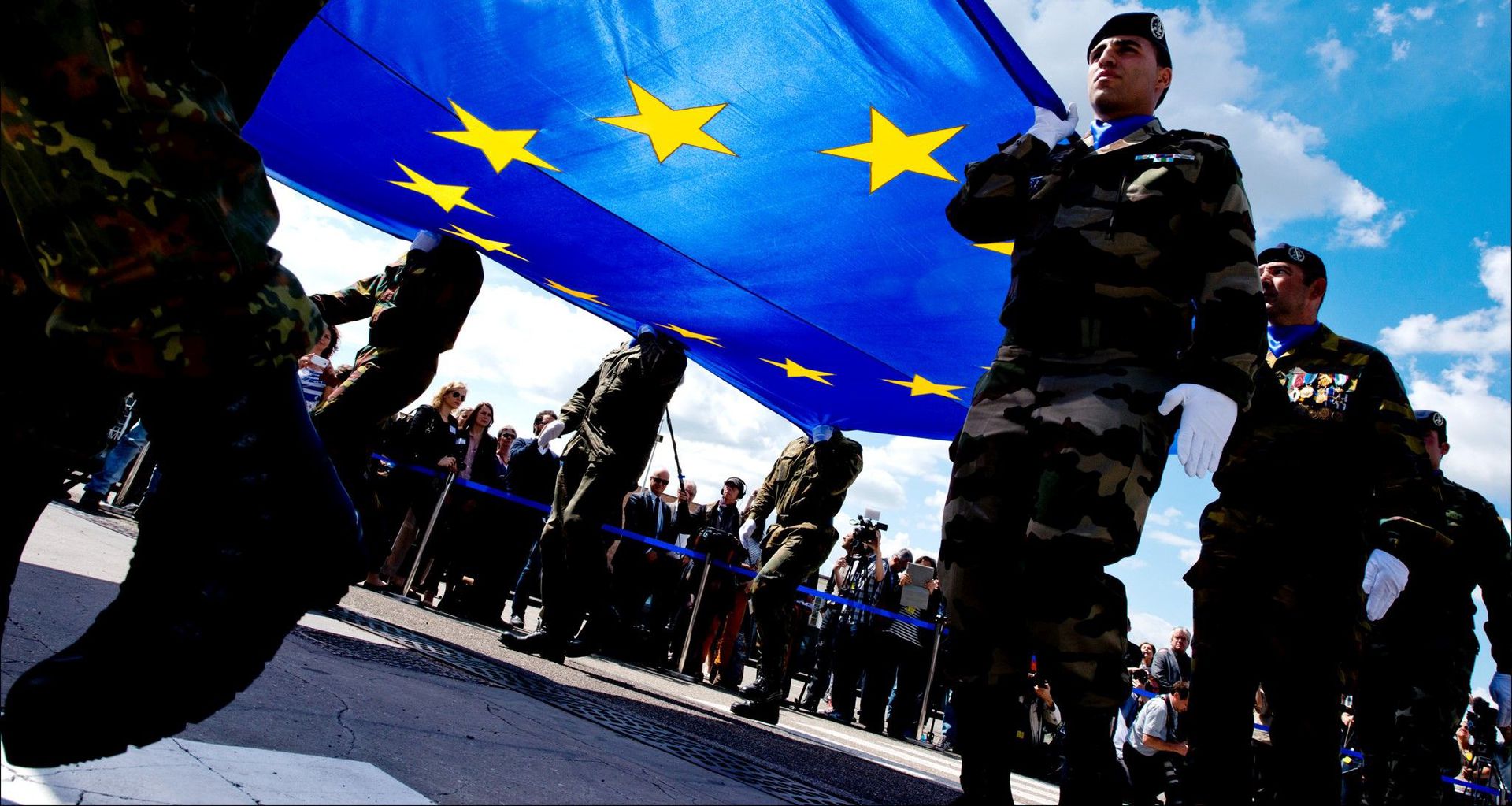The EU will once again have a cooperative US partner when Joe Biden becomes president, but Europeans should harbour no illusions: Washington will be no globo-cop nor NATO’s big protector, leaders and analysts say.
“Great day for US and Europe, we look forward to working together with new administration to rebuild our partnership,” the EU’s top diplomat Josep Borrell said in a tweet congratulating Biden on his election victory over President Donald Trump.
But Jean-Claude Juncker, former European Commission president, earlier offered a typically blunt assessment: “Joe Biden isn’t going to change Washington’s approach to international issues overnight, because he can’t.”
And Sebastien Maillard, head of the Jacques Delors Institute named after an influential former EU chief, cautioned that “the Europeans need to learn to live without American global leadership.”
“For the foreseeable future, the US will be preoccupied with itself,” agreed German political scientist, Markus Kaim.
The comments spoke to an expectation that there was no going back to seeing America as the West’s sheriff, flexing military muscles across the world in the ways it did in the decades following the Cold War.
While the US still maintains aircraft carrier battle groups in different regions, and bases including in Europe, South Korea, Japan, Afghanistan and Bahrain, it has been withdrawing from conflict zones under a trend accelerated by Trump but started by his predecessor Barack Obama.
More notably, within the past two decades much of its military focus has moved to Asia, away from Europe.
Nathalie Tocci, head of the Italian think tank the Instituto Affari Internazionali, added: “We are witnessing the end of American imperialism with the United States no longer wanting to be the world’s policeman.”
So what can Europeans expect from the new US president?
“Things are going to get a lot easier, because Joe Biden understands Europe better than Donald Trump,” Juncker said.
Nevertheless, cautioned a diplomat posted to Brussels, “you shouldn’t expect radical change”.
Europeans will “once again have a partner, an ally, but they need to bolster their strategic autonomy in the economic arena and in terms of security, to be able to defend their interests,” he continued.
Jean-Dominique Giuliani, head of the Schuman Foundation, reinforced that point by saying EU leaders must “define what they want to do with America, and not simply wait for it to tell them”.
Trade and climate change
“With Biden as president, the EU could expect and welcome a much more predictable and constructive US-EU relationship on trade, NATO, Iran, the Middle East and above all on climate change, if the US re-enters the Paris climate agreement,” predicted Mujtaba Rahman, director of the Europe office of the Eurasia Group risk analysis firm.
Trade in particular is expected to flow with much less of the friction that marked the Trump years.
Under Trump, Washington flexed trade muscles by slapping higher tariffs on steel and aluminium, prompting Europe to prepare a riposte. A truce was reached on the promise of a mini trade deal, but that has still not been realised.
On climate change, Biden has already stated he wants to return the US to the Paris climate accord.
He has likewise signalled he wants to reverse pullouts Trump ordered for the World Health Organization and the Iran nuclear deal.
But there are some repairs Biden is not likely to carry out, among them the US show of force to China’s assertive policies and the desire to reduce American involvement in conflicts far from its soil.
Those stances are popular domestically, explained Nicole Koenig, a Berlin-based defence specialist for the Jacques Delors Institute.
What will change will be the style.
“Joe Biden will inform and coordinate with his allies,” she said.
‘Division of labor’
Trump’s unilateral decisions and antagonism towards some of leaders of NATO countries created tensions and divisions within the Alliance.
Its chief, Jen Stoltenberg, expended a lot of energy “to appease the beast,” one diplomat said.
NATO can hope for a normalisation with Biden, but analysts believe Washington will stay retrenched in looking out for US interests.
“That will be uncomfortable for the Europeans,” whose NATO members are split between a pro-Europe camp and an Atlanticist one, said Kaim.
“Illusions of European strategic autonomy must come to an end: Europeans will not be able to replace America’s crucial role as a security provider,” warned Germany’s defence minister, Annegret Kramp-Karrenbauer, in an opinion piece for the Politico website.
Kaim suggested that Biden’s approach would be to propose to the Europeans “a simple division of labour: you will help us in Europe so that we can become more involved in Asia”.











